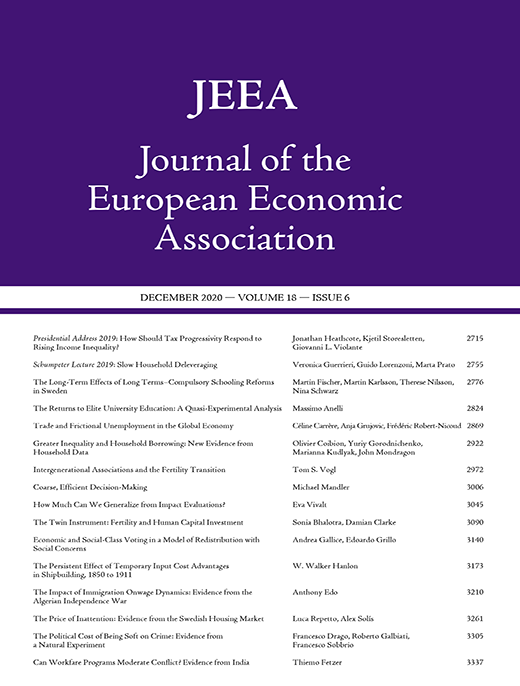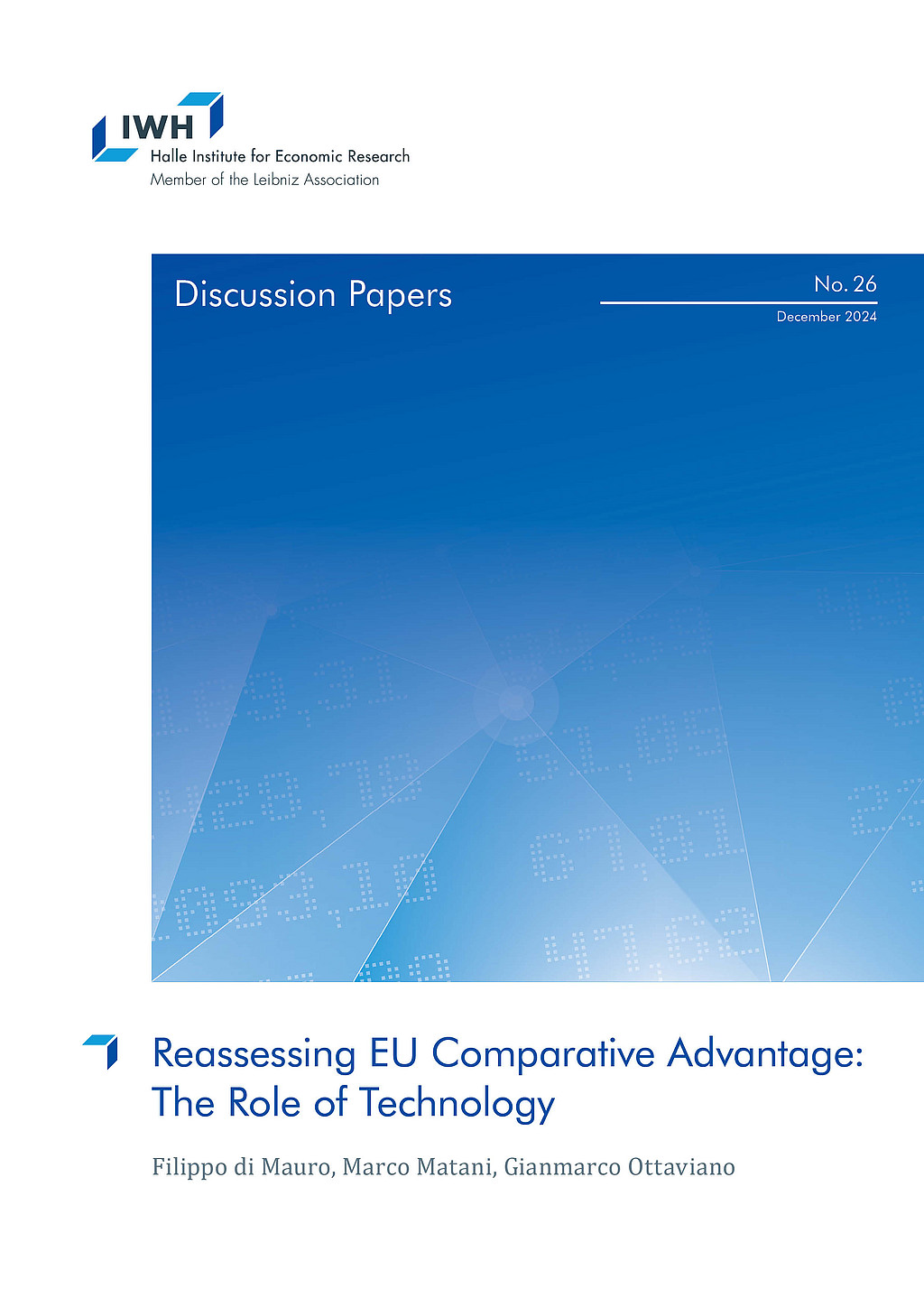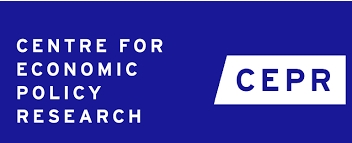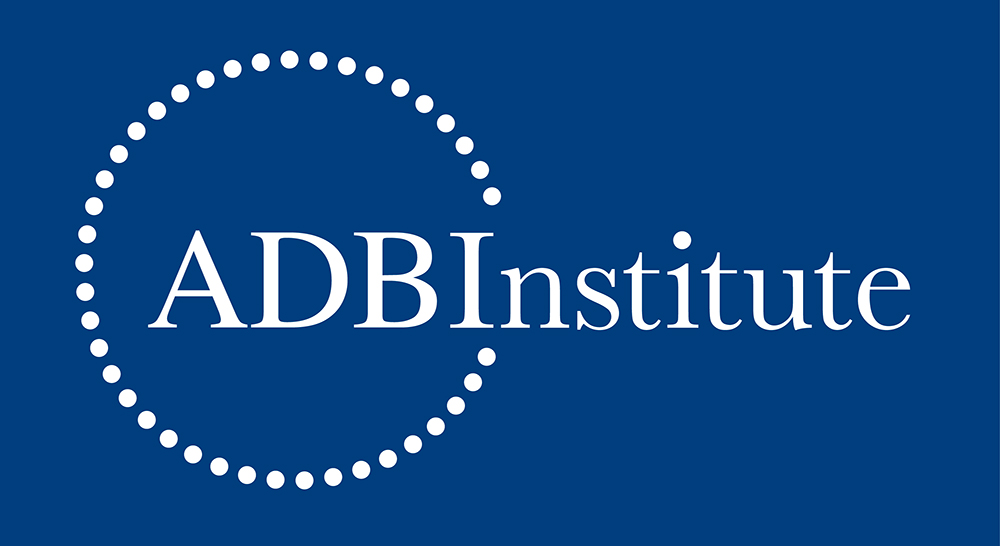Professor Filippo di Mauro, Ph.D.
Aktuelle Position
seit 1/25
Wissenschaftlicher Mitarbeiter im Zentrum für Firmen- und Produktivitätsdynamik (IWH-CBPD)
Leibniz-Institut für Wirtschaftsforschung Halle (IWH)
seit 01/12
Vorsitzender
The Competitiveness Research Network (CompNet)
Forschungsschwerpunkte
- Produktivitätsreallokation
- Ressourcenreallokation
Filippo di Mauro arbeitet seit 2019 am IWH als Vorsitzender von CompNet. Seit Januar 2025 ist er zudem auch wissenschaftlicher Mitarbeiter im Zentrum für Firmen- und Produktivitätsdynamik (IWH-CBPD). Derzeit forscht er zu Produktivitäts- und Ressourcenreallokationen unter Verwendung von Daten auf Unternehmensebene und Modellierung globaler Verflechtungen einschließlich globaler Wertschöpfungsketten.
Filippo di Mauro ist Absolvent der Universität Rom und promovierte an der University of Chicago bzw. der American University.








